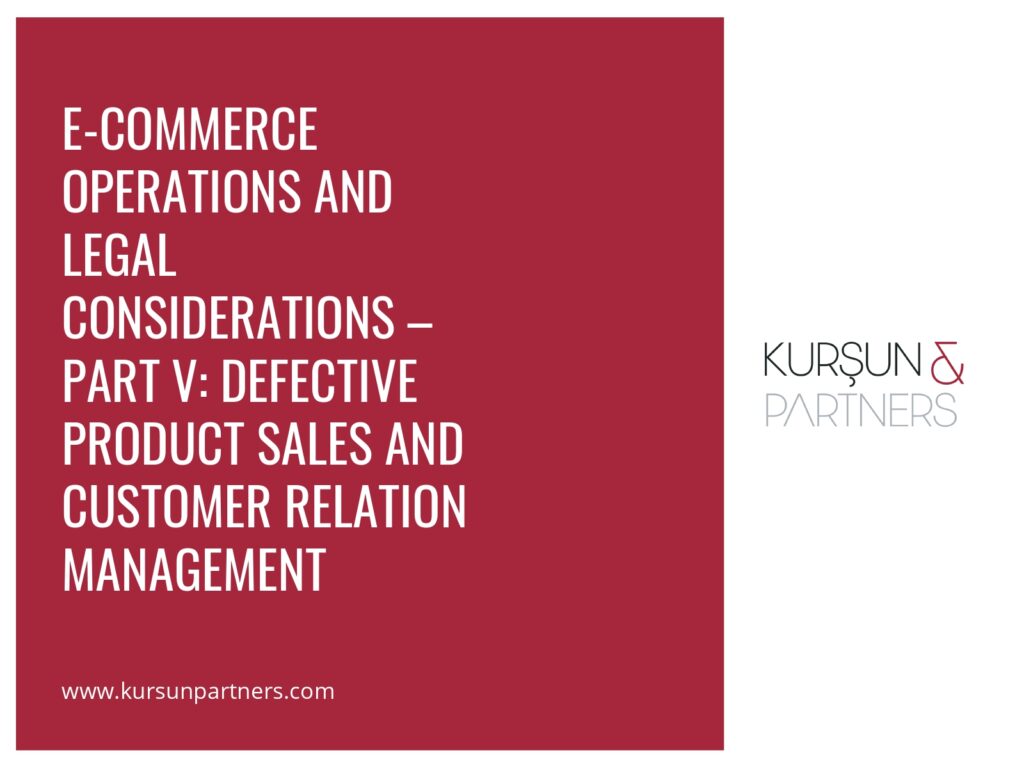Consumers have certain rights regarding the delivery of defective goods. If any defects arise within six months from the delivery date, they are presumed to have existed at the time of delivery. However, it is crucial to emphasize that this presumption can be challenged by the seller if they can present evidence to the contrary.

In order to provide evidence of a defect-free delivery, especially for large-sized products such as furniture, it is commonly observed that the responsible party for transportation takes detailed photographs at the time of delivery to demonstrate proper performance and the absence of any defects in the product. However, it is important to acknowledge that this method of evidence cannot prevent potential defects that may occur later due to the inherent nature of the product.
In the case of a defective product sale, consumers have the following optional rights:
- Withdrawing from the contract by notifying their intention to return the purchased item.
- Retaining the purchased item and requesting a discount proportionate to the defect from the sales price.
- Requesting free repair of the purchased item, with all expenses covered by the seller, as long as the repair costs are reasonable.
- If feasible, requesting the replacement of the purchased item with a defect-free item of the same kind.
The seller has an obligation to fulfill the consumer’s preferred demand. However, it is important to note that if providing free repair or replacement with a defect-free item would excessively burden the seller, the consumer has the option to either withdraw from the contract or exercise their right to a proportionate discount due to the defect. Several factors are taken into account when assessing the disproportionality, including the value of the defect-free goods, the significance of the defect, and whether resorting to other optional rights would present difficulties for the consumer. Additionally, it is worth mentioning that according to precedents set by the Court of Cassation, the consumer’s request to withdraw from the contract (refund) can be justified in cases involving significant defects.
While legal experts directly convey these general rules to e-commerce sellers, it is important to acknowledge that certain types of defects encountered in specific scenarios may not always fit within this framework in the practice of e-commerce operations. This is primarily due to the diverse range of defect types that arise from the nature of certain products, the variability of proposed solutions for similar defects, and the potential for different approaches to ensure consumer satisfaction for each individual.
Therefore, it is crucial to establish a disciplined and systematic post-sales service operation for the sale of defective products, following the framework of the aforementioned general legal rules. Professional services should be consistently provided in a structured manner, leveraging the experience gained from handling various types of defects. Failing to do so will compromise customer satisfaction, potentially leading to negative repercussions on product sales in the long term.
CUSTOMER RELATION MANAGEMENT
Unlike traditional sales methods, in e-commerce, customers are rarely, if ever, met face-to-face. The customer relationship in e-commerce is primarily based on computer records, as there is no personal interaction in a physical store. Initially, it was believed that customer relationship management could be carried out solely through Excel records. However, in the long run, managing customer relationships without a Customer Relationship Management (CRM) software becomes impractical.
These systems enable the systematic management of crucial aspects such as customer purchase information, invoicing records, and after-sales service requests.
Although CRM software can be purchased by an e-commerce company (through licensing or software acquisition), it requires regular monitoring, maintenance, and customization according to the company’s needs. Therefore, it is advisable to establish a regular relationship with companies that sell/license CRM software.
It is essential to address these needs as the primary service subject through signed software sales and maintenance/support agreements. However, beyond that, CRM software contains a wealth of personal data. In this context, data security and technical measures, including protocols for data transfer if applicable, are significant matters that should be addressed within the scope of a contract signed with the CRM company.
